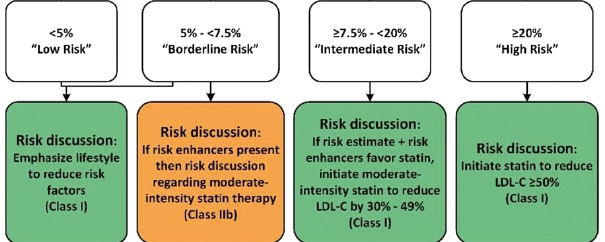
There are several different Dyslipidemia treatments available. Doctors generally focus on lowering LDL and triglycerides. The type of treatment used depends on the cause and severity of dyslipidemia. For people with high LDL levels, doctors will prescribe a specialized drug called a’statin.’ This medication works to slow down the body’s production of cholesterol. However, there are side effects associated with statins.
The main indication for treatment of dyslipidemia is prevention of atherosclerosis-related cardiovascular disease. In addition, it is important to understand how to recognize and treat an acute coronary syndrome (ACS), a condition characterized by a sudden blockage of the coronary artery. Acute coronary syndromes can be described as angina pectoris or a non-ST-segment elevation. They can lead to severe neurological deficits and death.
The most common treatment for dyslipidemia is lifestyle modification. It can help to modify one’s diet and reduce saturated fat intake. Other treatment methods include exercise and weight management. These methods are not always effective, but they do have a high success rate in treating dyslipidemia. In addition, the most popular type of therapy for dyslipidemia is a combination of different drugs. This is a good option because it can be combined with other medications.
Lifestyle modifications are another way to manage the symptoms of dyslipidemia. These can include quitting smoking, increasing your physical activity, and reducing your consumption of simple sugar and saturated fat. Changing your lifestyle can also help prevent future episodes of dyslipidemia. If you follow these suggestions, you’ll soon find a healthier you. If you’re not happy with your dyslipidemia treatment, there are other options available to you.
If you’ve been diagnosed with this disease, you should seek medical care immediately. This condition can lead to serious complications and can lead to strokes and heart attacks. The treatment of dyslipidemia can help you improve your overall health. If you’re diagnosed with dyslipidemia, your doctor will prescribe a medicine that will help your body produce more HDL. The treatment for dyslipidemia should include a combination of lifestyle changes.
Aside from medications, lifestyle changes can improve your lifestyle. A change in your diet and regular physical activity can help your dyslipidemia. If you’re overweight, consider taking supplements or a supplement. Alternatively, you can try dietary modifications to help you lose weight. There are many other methods to manage dyslipidemia, which can be effective for many people. While these are a few of the most common, lifestyle modifications can improve your condition.
The most common of these methods is lifestyle modification. You can also make changes to your lifestyle to reduce your risk of developing this disease. Some people can control their diets by quitting smoking and exercising more regularly. This may be the best option for them. If you’re overweight, you can even lower your cholesterol through a supplement or a pill. In some cases, the medications are not enough. In this case, the right lifestyle changes are essential.
There are many different types of treatment for dyslipidemia. Some of them are aimed at lowering cholesterol levels. Other methods include changing your lifestyle to avoid sugary and fatty foods. For people with high LDL levels, diets containing too much fat or sugar are more effective. Some of these methods also include weight loss. If these options do not help, go to the health site ctrip.co.th
immediately for guidance. You must also control the symptoms.
When it comes to lifestyle changes, smoking cessation and physical activity are key. Lifestyle modification is the most effective way to control dyslipidemia. Healthy eating is essential for maintaining a healthy weight. You should also try to limit your intake of simple sugars and saturated fats. For people with dyslipidemia, a low-fat diet is recommended. It can be difficult for people with hypercholesterolemia to quit smoking. It is important to avoid these foods.
Although there is no cure for dyslipidemia, it is important to be proactive about your health. The doctor will monitor your cholesterol levels and prescribe the best course of treatment. If you are a diabetic, you should consult your doctor for the appropriate treatment. If you have diabetes, your doctor will monitor your blood sugar to prevent dangerous heart attacks. It is also important to exercise regularly. A sedentary lifestyle is a contributing factor to dyslipidemia.